"O, What can ail thee, Knight at Arms,
So haggard and so woe-begone?"
So asked English Romantic Poet John Keats in his famous ballad ‘La Belle Dame Sans Merci’; the same could be asked to the Marathas in Maharashtra who are desperate for their inclusion in the 'reserved' class as OBCs!
Interestingly, there is no visible opposition to this demand: political parties in/out of power/nowhere near power support it. Others blessed with reservations- the SCs and STs; the OBCs - are neutral as long as their reservations remain untouched; the so-called upper castes are indifferent because of their dwindling numbers. The centre looks upon it as an issue for the courts to decide; the courts in their turn refuse to relax the cap of total reservations not to exceed 50 percent and have opined that the supporters of Maratha reservations have been unable to put forth a convincing case. The leaders of the agitation have turned reasonable for once and resorted to tokenism.
Marathas are the single largest caste in the state, probably in the country. Around 40 percent of the state population, they are 4-5 percent of the population of India. The majority of them are farmers (sic land-holders). They are the backbone of the political economy of the comparatively prosperous western Maharashtra: tempting the Marathas in the other regions of the state to follow similar development model/s.
Marathas also have a state-wide network of educational institutes and have benefitted substantially from the privatisation of higher and professional education. Their numbers in the legal and medical fields are noteworthy. In the cultural domain, they have a strong presence in literature, film, and sports.
No major political party in the state can survive without Maratha support (hence the consensus over Maratha reservation?). Their numerical advantage is manifest in the houses of representatives at all levels. The state of Maharashtra simply cannot run without Marathas: 'Maraathyaavinaa Raashtra Gaadaa Na Chaale'!
Historically Marathas dominated at least for about a thousand years. In times of peace, the village Patil was the natural ruler as well the largest land-holder. In times of war Patils and Deshmukhs were duty-bound to recruit soldiers according to the quota attributed to them. Since the agriculture in this part was bountiful mostly by exception soldiering provided a popular option and Maratha armies became famous for bravery and notorious plunder in victory and desertion in defeat. Shivaji the Great capitalised on the pluses of Marathas and checked their minuses and earned the caste a respectable image in society- the proud warrior Maratha.
Back in the 18th century, Marathas emerged as an all-India political-military force as the Mughal Empire disintegrated and the British were still groping for a grip. The Maratha armies known for their fierce campaigns were likened to locust-swarms by the north-Indians. These armies were known for coming and going like wind and left behind totally denuded areas; the only positive part of their style was they never engaged in mass rape. It was only a matter of time that these motley crowds of starved , untrained fighters (it was enough to show six legs: four of the horse and two of a man to enroll, says a Marathi document) would lose ground before the trained, disciplined armies of the British-where desertion was punishable by death- and ruthless mercenaries. They faded away; yielding the country to the British on a platter.
After the fall of the Peshawas in 1818 Marathas lost the identity of a martial race and were reduced to rural, uneducated farmers within one generation. They could not take to arms since there was no such thing as the Indian Army; they could not join the British administration as clerical jobs were beyond them and they could not trade or manufacture anything since they were conditioned to look down upon these vocations. This lead to gradual impoverishment of the rank and file: after generations of neglect the founding of the Maratha Light Infantry mitigated the situation to some extent as the option of soldiering was once more available. But the British had shrewdly raised a Mahar Regiment also; thus quashing the Maratha monopoly in the army.
Under the colonial yoke majority of Marathas stayed and stagnated on land. ; The British never invested in agriculture in India but continued to tax it heavily throughout their tenure. The Marathas continued their social advantages since the British, cunningly, did not disturb the traditional social hierarchy based on caste. Marathas had to keep up the pretence of being the rulers of the village while their economic capacity was nose-diving. This is the root cause for Maratha’s desperation for reservation; after the 18th century, their social stature has never been matched by their economic capacity.
Agriculture continued to receive step-motherly treatment even after independence and lead to further impoverishment of all peasantry-Marathas as they were the largest group suffered irreparably. Their predicament was compounded by the adoption of Democracy. They had political clout because of their overwhelming numbers but it was hijacked by a few chosen district and regional leaders and their families who hogged all positions of power in houses of representatives, cooperatives, credit societies; even in educational institutions.
A survey study done some years back inferred that power in the political economy of Maharashtra is in the hands of some 150 Maratha families! These figures need no explanation since Marathas number between 4-5 crores. With farming unviable, soldiering not available en masse, political power in the hands of a shark- like group of families, trading and manufacture still beyond the pale for the majority the Marathas now look at assured state employment as the only alternative: like a beast hemmed in from all sides going gung ho towards a small opening. A couple of generations back, Marathas hated to be termed '(economically) backward': they just don't care now. Smear my back with dung but call me a bull-goes a proverb.
Time was when Marathas looked down upon taking up a job-they would be employers and not employees! This was possible only till the Dalit labour was locally available. But after independence the Dalits , true to the motto of Ambedkar -'educate yourself , leave the village, migrate to the cities and take up government jobs'- freed themselves of this slavery in the traditional village economy; hitting at the root of Maratha hegemony. Nobody bothered Marathas and other upper castes- while the first generation Dalits manned class-4 jobs. Things started getting uneasy when the second generation Dalits got appointed in class-3 cadres-mainly clerks and teachers. When the next Dalit generation promoted itself to the level of officers-classes 1 and 2-there was a nationwide outburst seen in the first anti-reservation agitations in the early 1980s. Marathas too were uneasy but that agitation was mostly dominated by Brahmins and other upper castes who felt that 'merit' was their 'divine right'!
Close on the heels of this came the adoption of the Mandal Commission recommendations by the centre providing 27 percent reservation for OBCs which increased total reservations to over 40 percent. This added to the Maratha embarrassment because earlier Dalits and OBCs (mainly local artisans) were at their mercy both socially and economically. Now the tables were turned and the wheel had come full circle; those who called shots once upon a time became targets!
The Atrocity Act was the last straw as it placed the onus of defence on the accused-the Maratha pride had never received such a deathly blow-the entire community was in the dock for the actions of a few among them who continued to insult and exploit lower caste citizens at will! There was no way out unless the state administration and law and order machinery had a sizeable Maratha presence. The politicians had failed them and had to be shown their place (no political leader was allowed to lead Maratha Morchas) and bureaucracy had too few Marathas. Reservation was the sure way to bring Maratha caste back into decision making.
I think that in their heart of hearts Marathas know that their demand for reservation -whatever per cent- is not tenable. For one thing, their number is too large-even if all state jobs were reserved for them there will surely be a large number in need of jobs. Secondly, as the administration at all levels gets computerised state jobs are going to decrease. Further and worse it will be a mockery of the famed claim that Maharashtra is a 'modern better- managed state' if the largest caste is desperate for reservations.
A study needs to be done impartially to establish the real number of Marathas who need reservation. Present claims have been unable to convince the courts. The disciplined, peaceful Maratha Morchas provided an interesting spectacle: there were no destitutes; none looked illiterate or half-educated; the majority were well dressed and looked healthy in their paijama-shirt-cap attire; above them were brightly dressed, mobile wielding Marathas with sun-glasses. Women, present in significant number were dressed up as if this was a wedding reception-excellent saris, matching blouses, ornaments and made-up faces added colour to the crowd. Speeches narrating the sorry stories of Maratha poverty were made by smart kids (trained and rehearsed) and the women described above. Lastly, there was no evidence of a 'do or die' or 'now or never' attitude which generally goes with the 'needy'. It all seemed like a put-up act as they scramble to give bytes on TV testified. Still ' What ails Thee, Knight at Arms?'
Marathas need not look at state employment as the only option: the reservation demand will only alienate them for OBCs and Dalits and it will destroy their position as the backbone of Maharashtra. No survey is needed to establish that Maratha are a talented lot and numerical strength is not their only asset nor pressure tactics the only available strategy.
Marathas are known to be bold, upright and endowed with leadership skills-initiative, organisation, mobilisation and tenacity. These skills are and shall be always in short supply. Marathas are known for steadfastness in human relations: they do not forfeit relationships over differences of opinion like the Brahmins-the Late Yeshwantrao Chavan and Sharad Pawar are not the only examples. They should also understand that though agriculture cannot sustain all of them, the land is still the basic asset and wholeheartedly join the pro-farmer struggle on the one hand and invest into modern farming on the other: this will do justice to their innate ability to fight and also project them as pioneers of modern farming.
Marathas should realize that hard work in the right endeavours is the need of the hour and they need to diversify in the fields of trade and manufacturing. They should also look at other professions like medicine, law, fashion design, the small industry as possible options and exploit the opportunities provided by the fast-growing service sector. Empowerment of ordinary Maratha women confined to the home and the form at present could also open new roads to a better life. In short, if political power will always be in the hands of the few and state jobs will be available only to some Marathas (or whoever for that matter) will need to diversify their vocations.
Marathas, in their desperation for reservation, are blind to an embarrassing future possibility. Supposing their demand is granted they will still be slaves to the 150 odd Maratha families hogging all the cream in the present political economy. The number of job seekers will always be overwhelmingly larger than available jobs and nepotism will be rampant; kick-backs (like in most jobs in the cooperative and education sectors) will be a priori. Only honest, efficient, hard-working Marathas can challenge the grip of these elite, gangster-brotherhood on the present and future of the entire lot.
I am fond of Marathas and have lots of Maratha friends. I cherish this robust, warm association with them. I always profess," half the things needed for modern Maharashtra do not happen because of Marathas and the other half will not happen without Marathas."
- Vinay Hardikar
vinay.freedom@gmail.com
(The writer has been working in the public sphere of Maharashtra for the last five decades. His versatile personality has several dimensions, but the primary ones remain to be that of an established writer, journalist, editor, critic, activist, and teacher.)
Click here to read all the articles from the series Hard(ikar) Talk
Tags: Vinay Hardikar Hard Talk Maratha Reservation Sharad Pawar Yashwantrao Chavan Maharashtra OBC ST Reservation Load More Tags

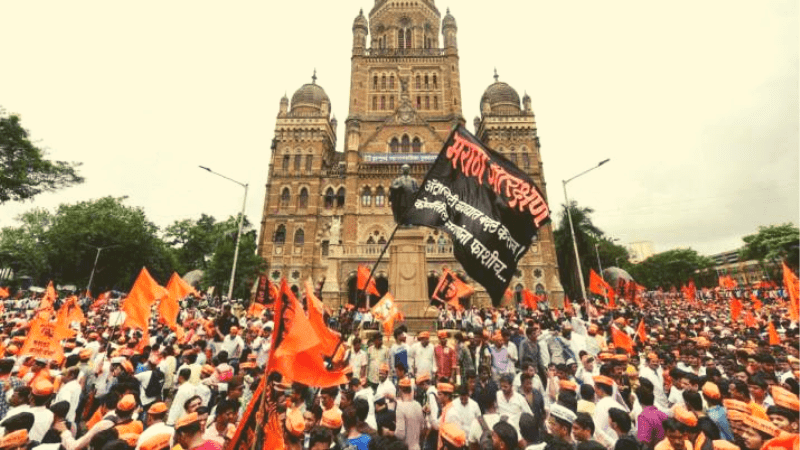

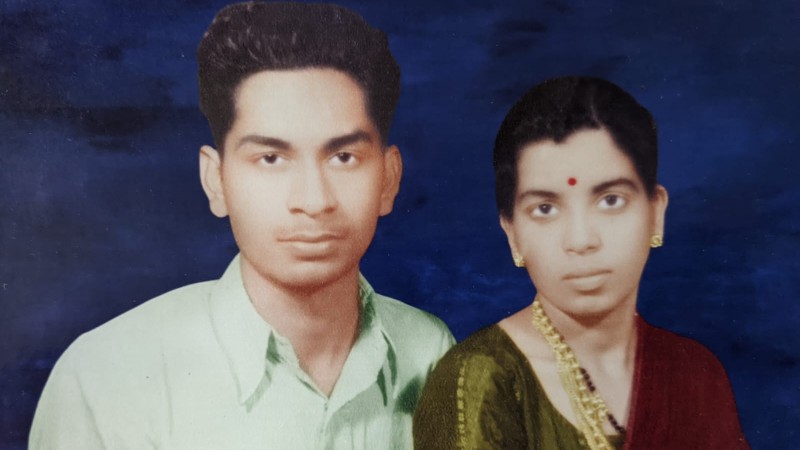
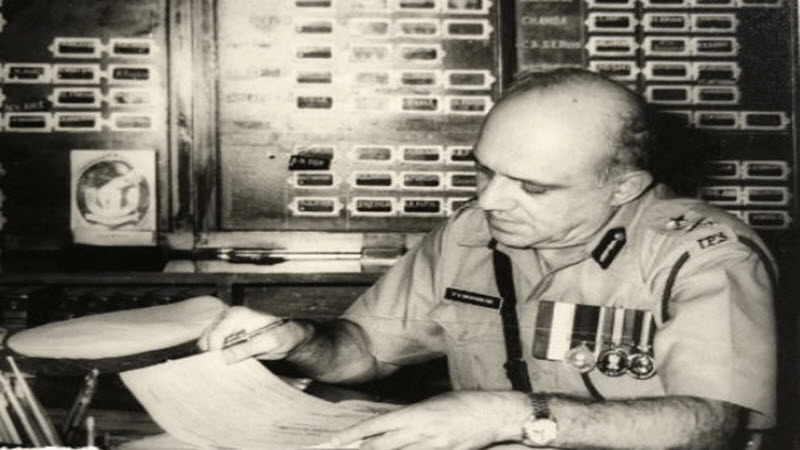
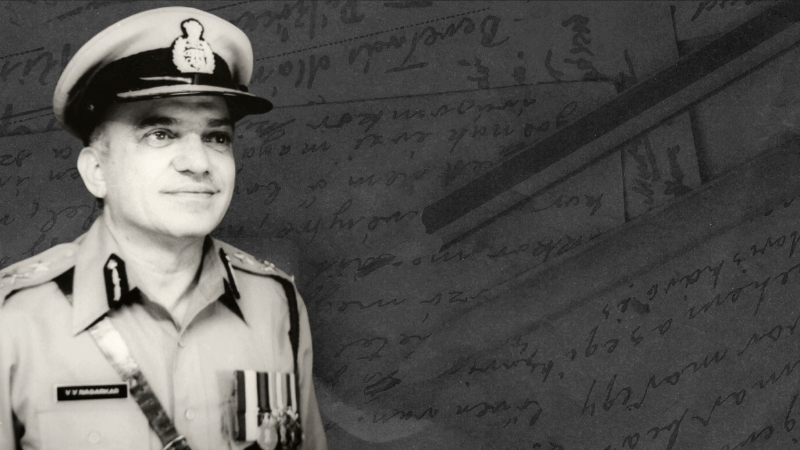
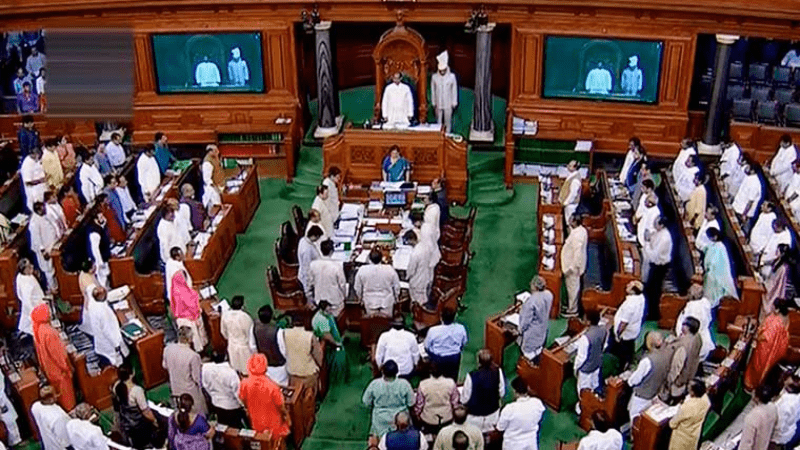
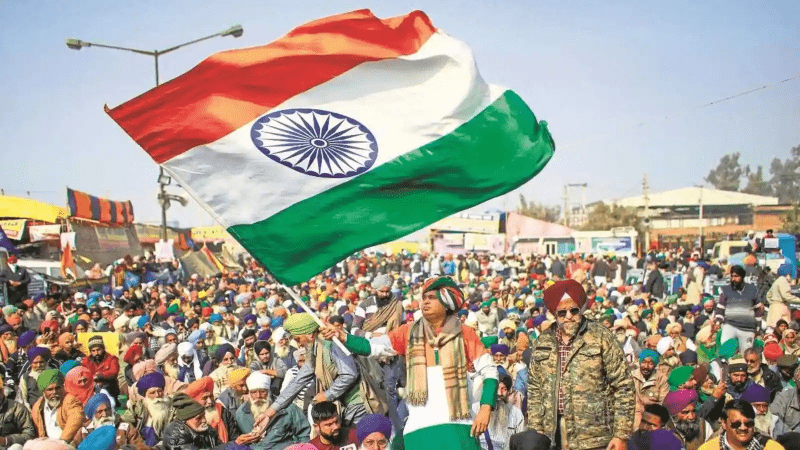
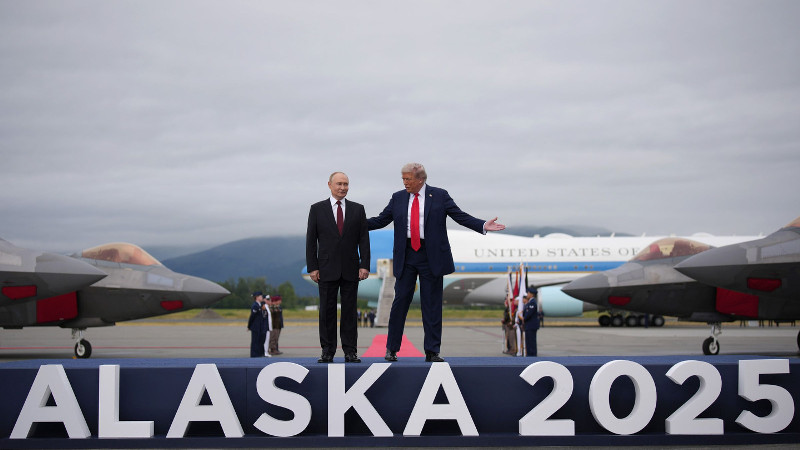
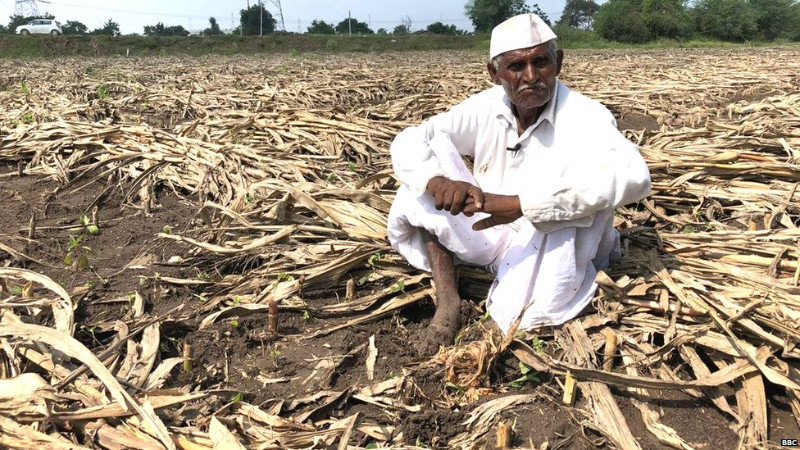
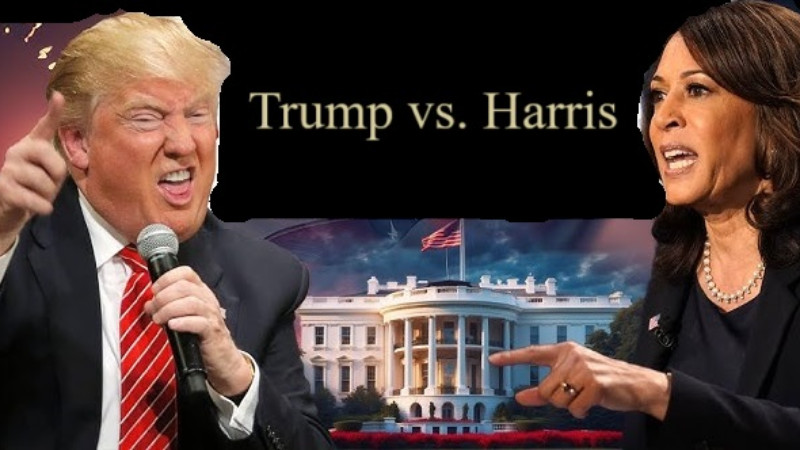
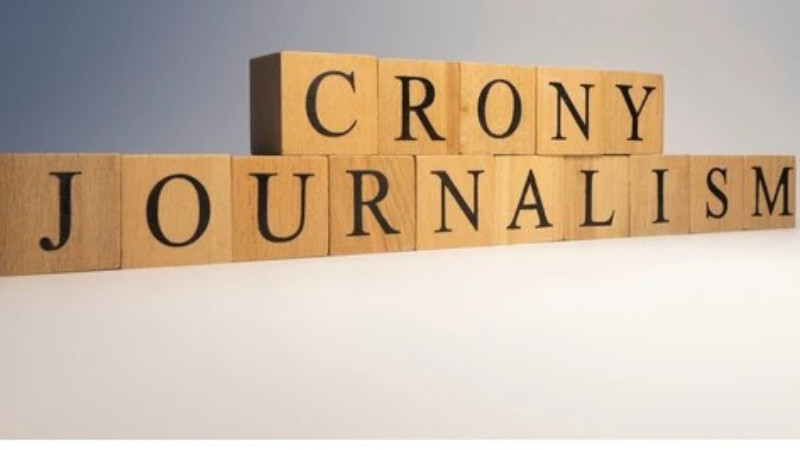
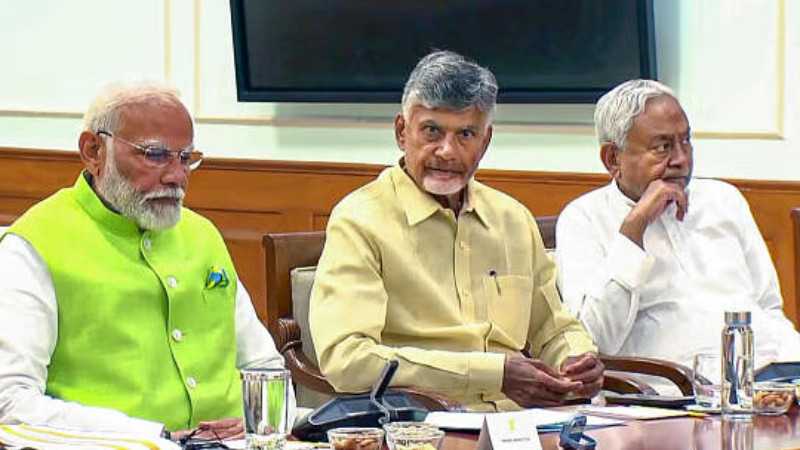
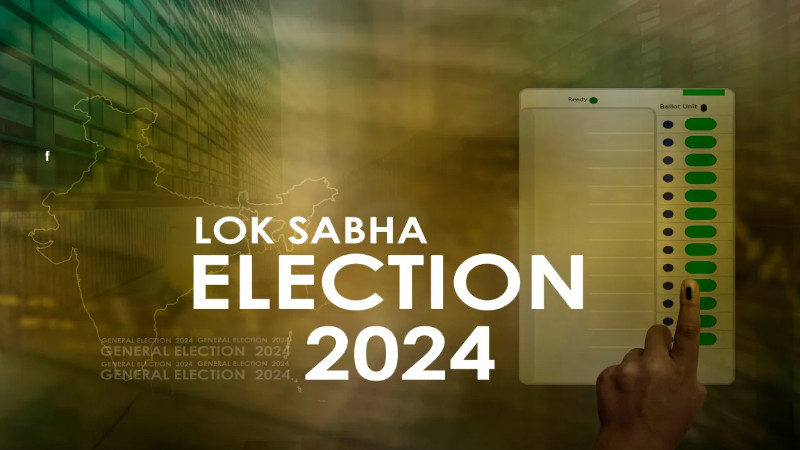
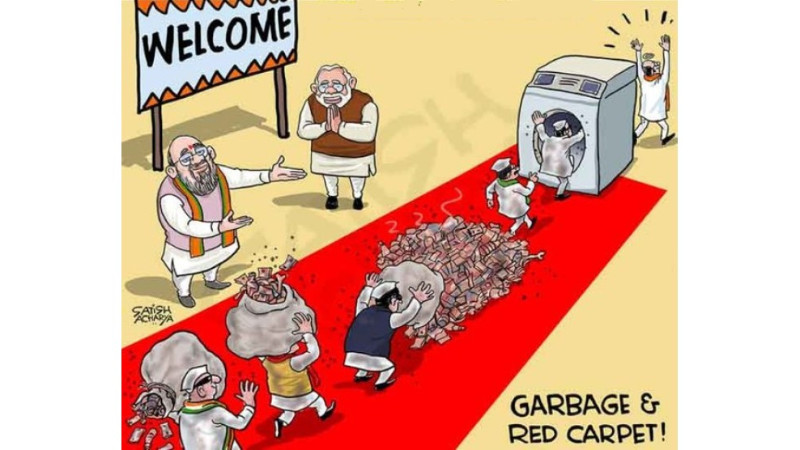
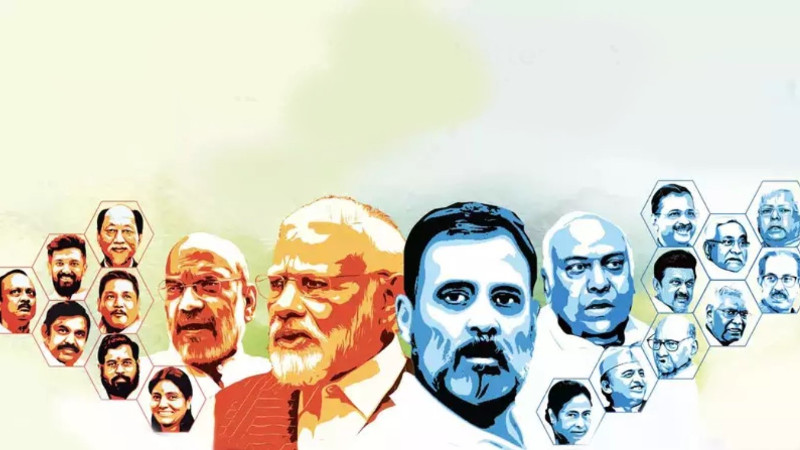
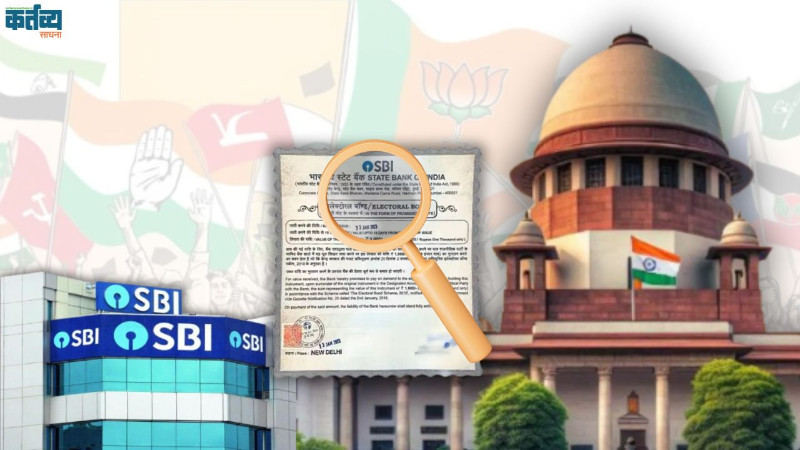
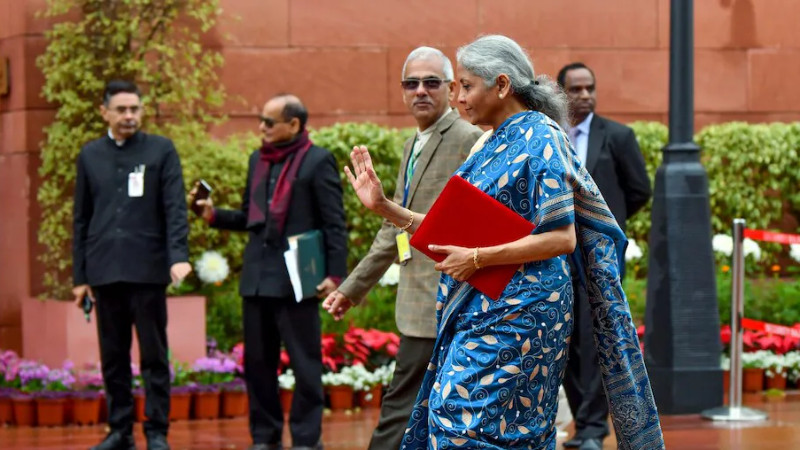
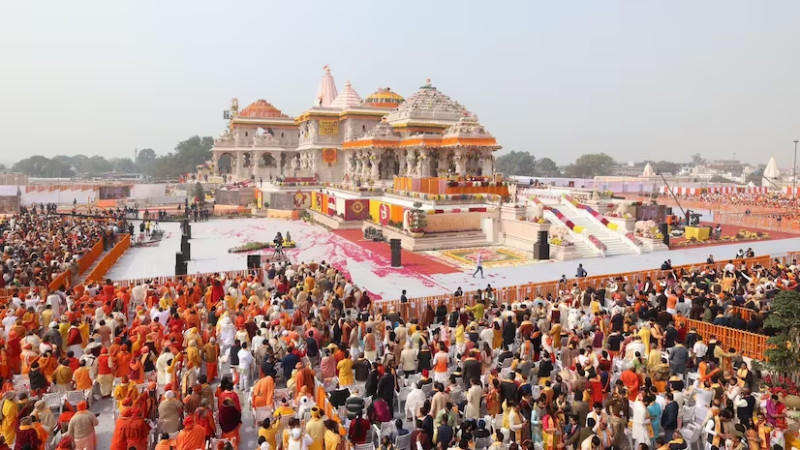
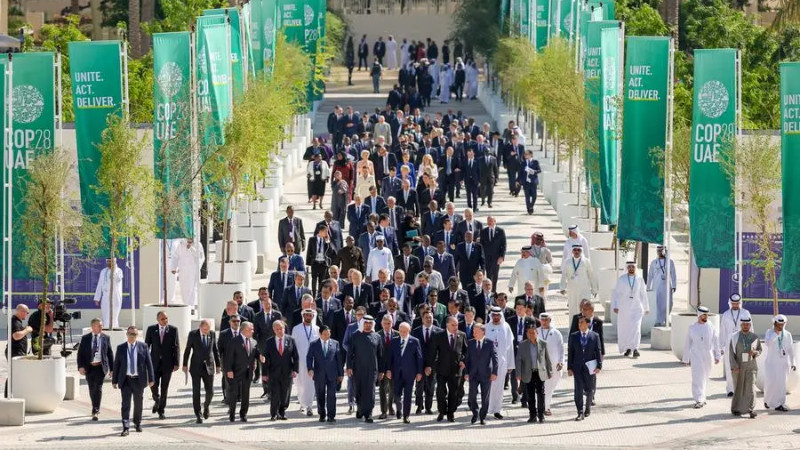
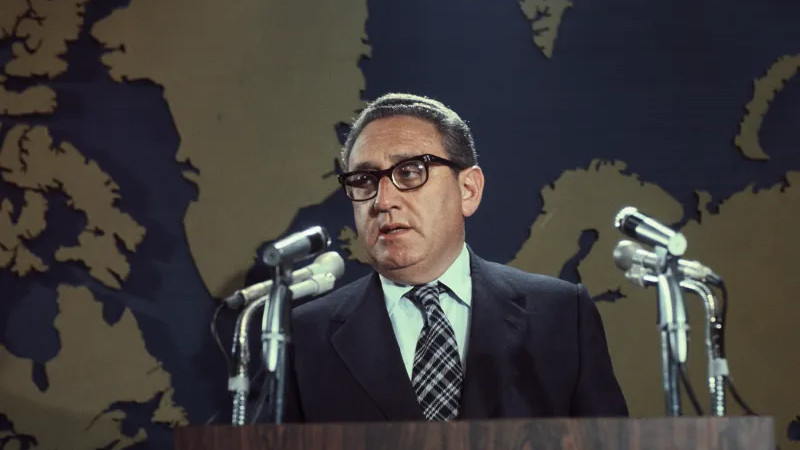
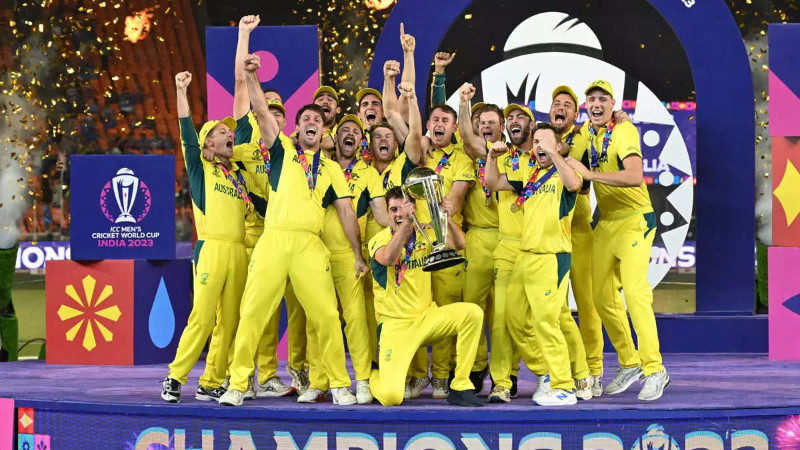
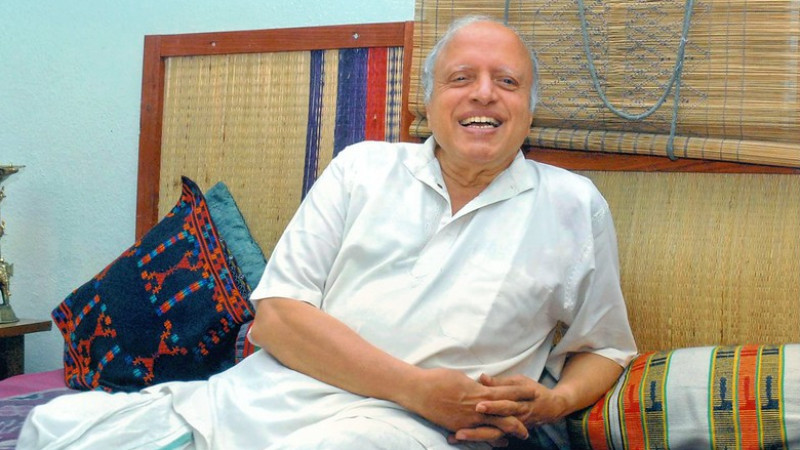
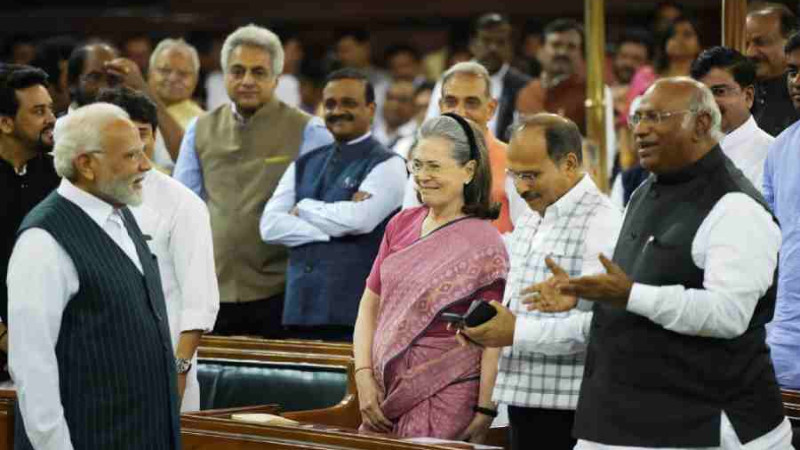
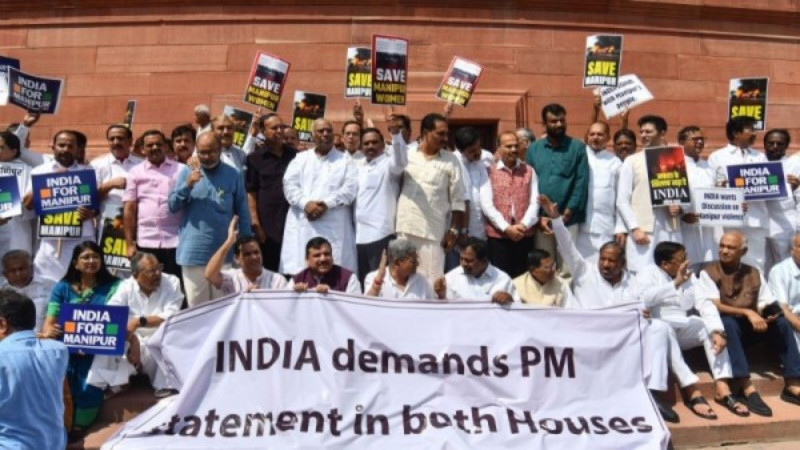
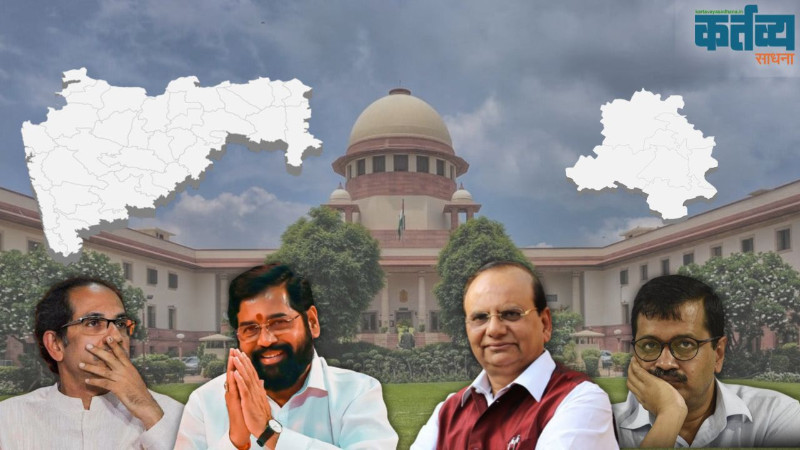
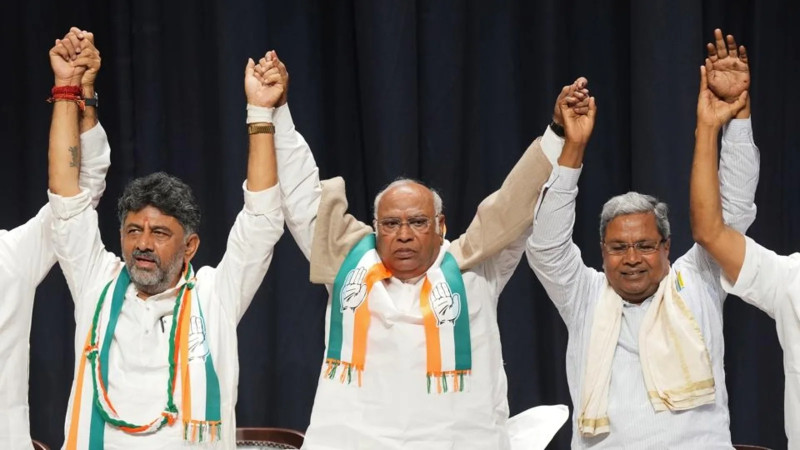
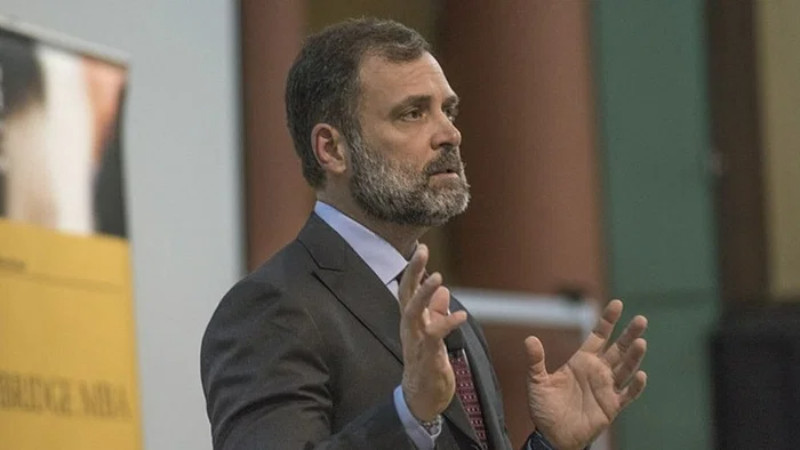
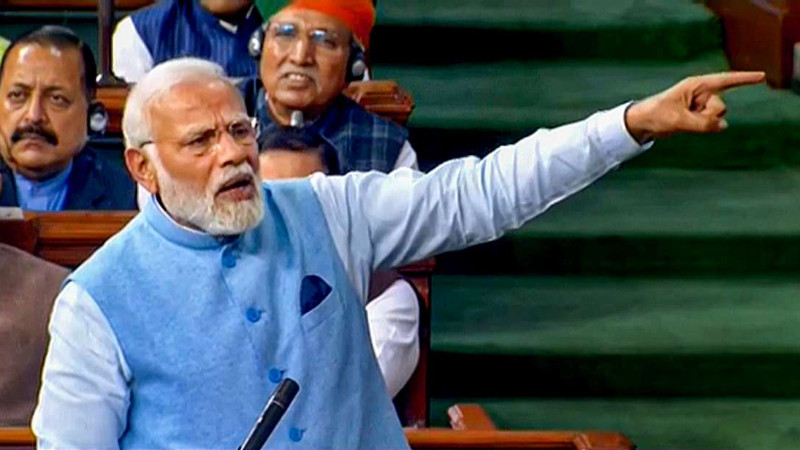
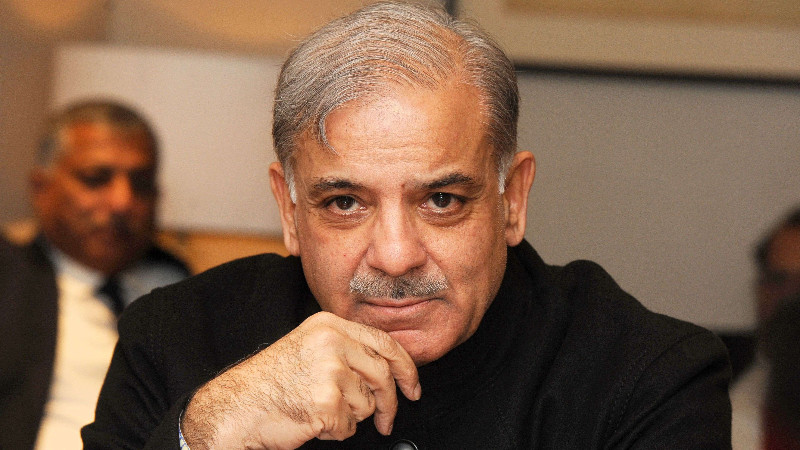
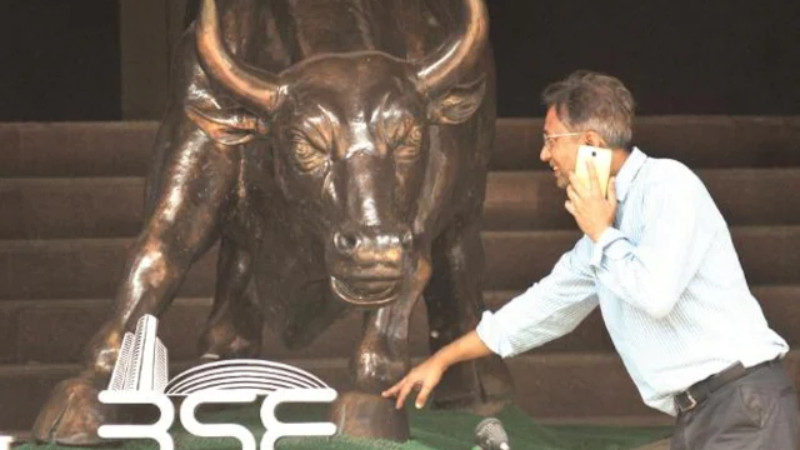
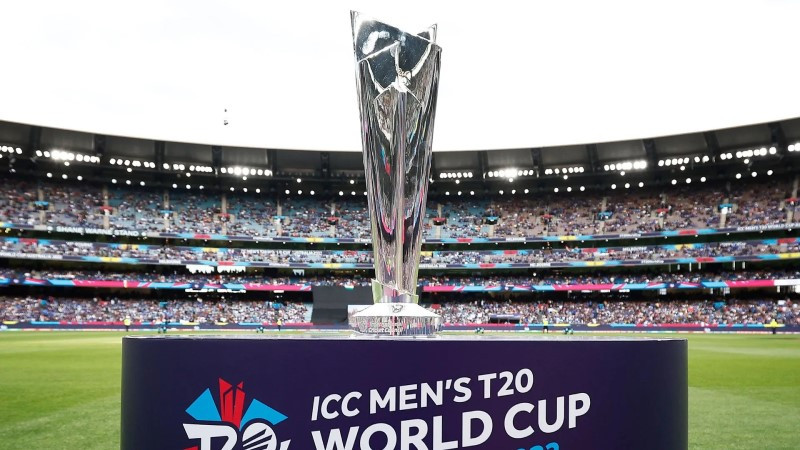
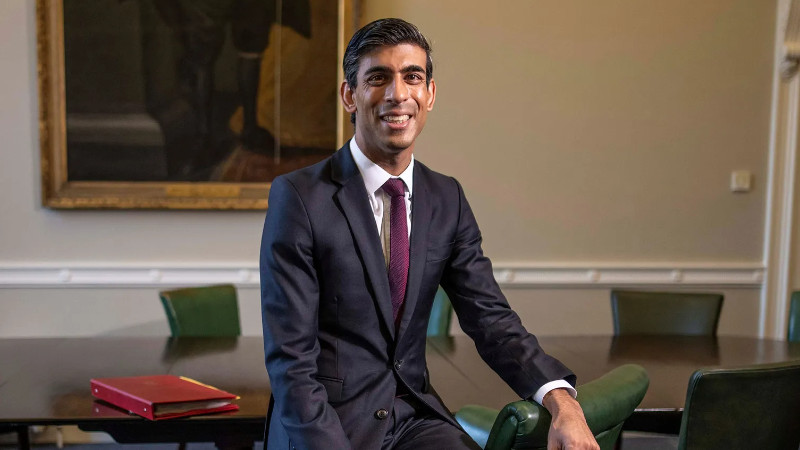
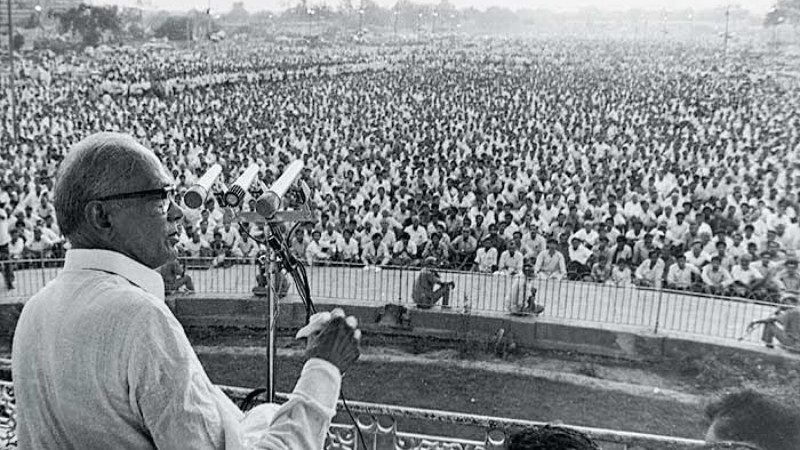
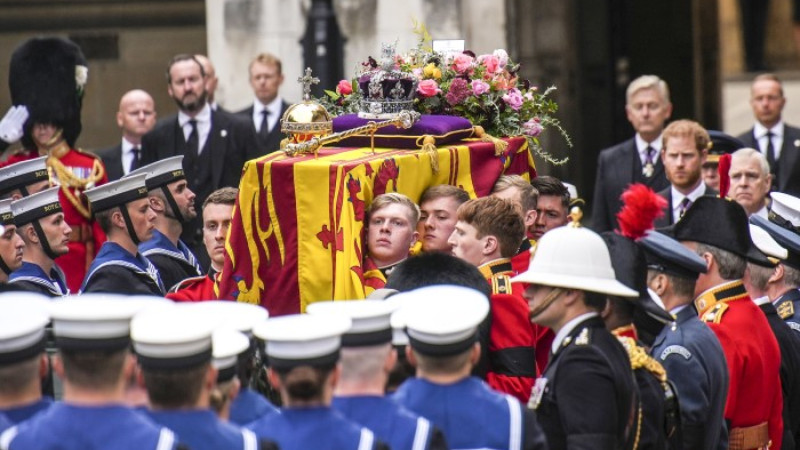
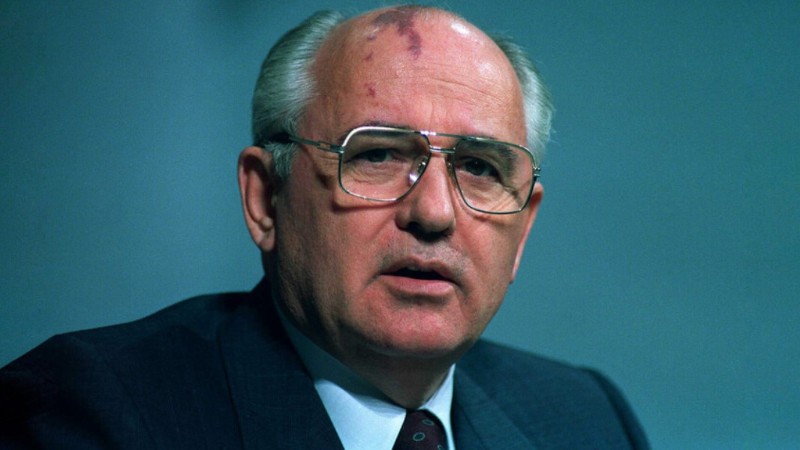
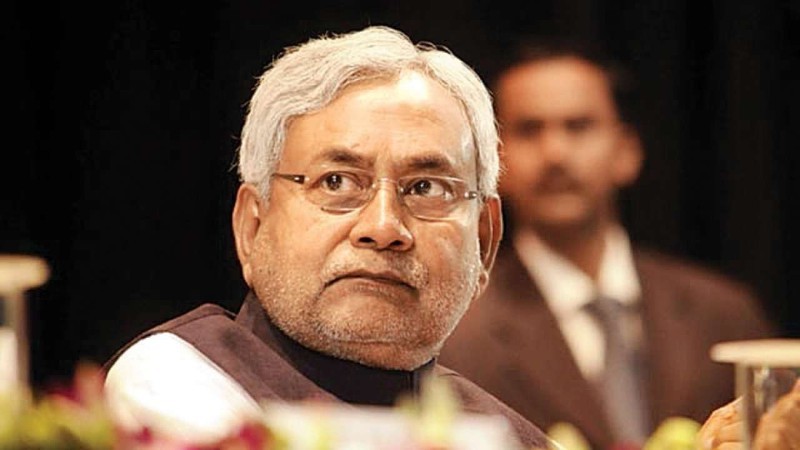
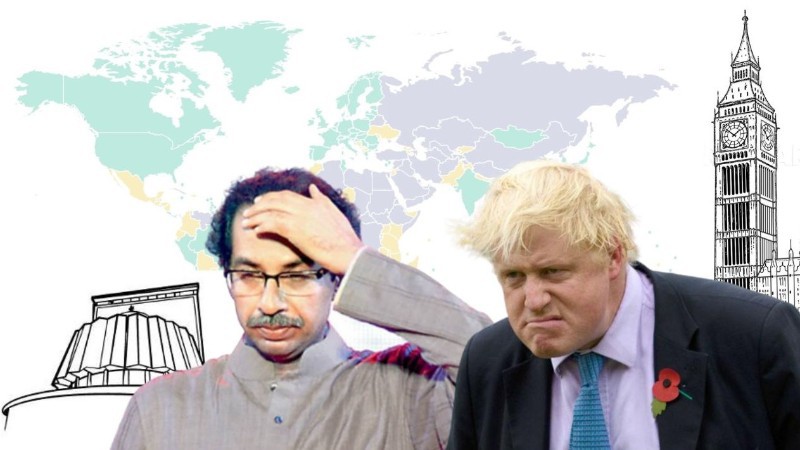
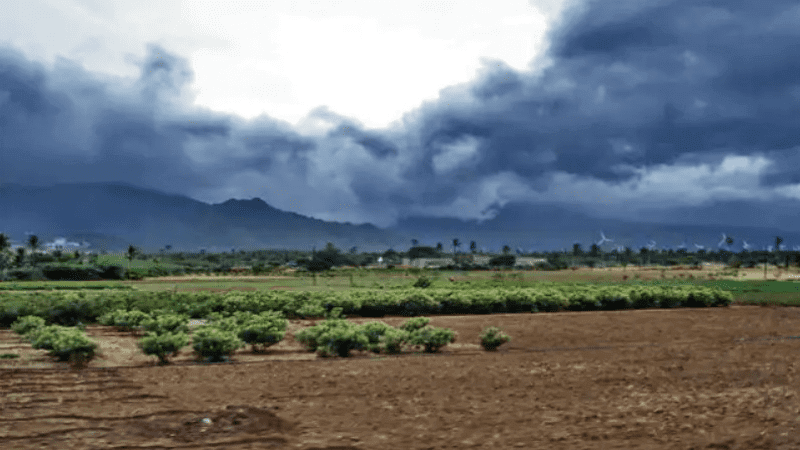
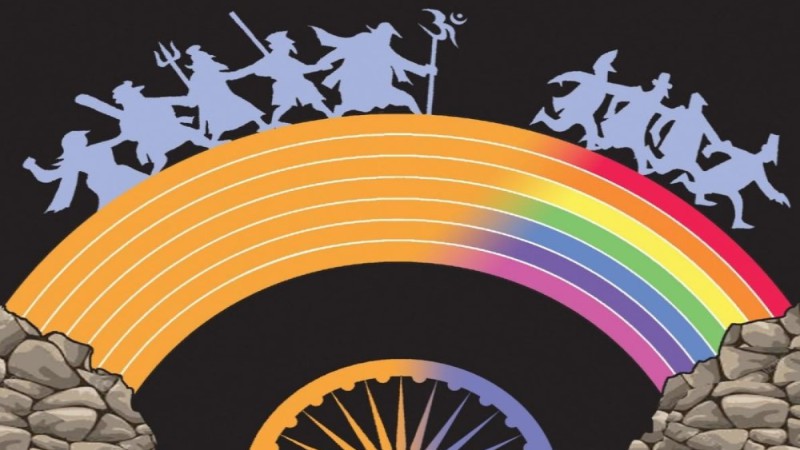
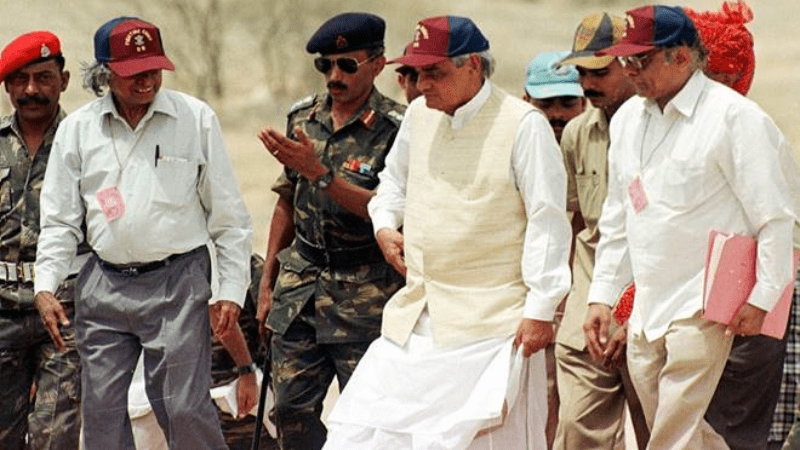
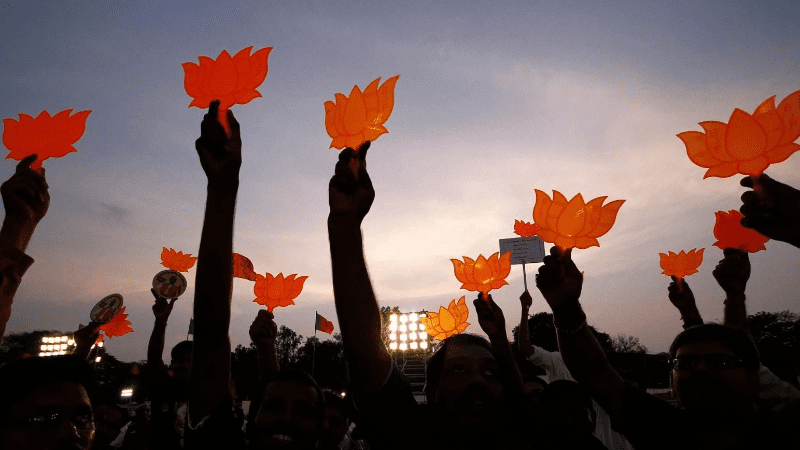
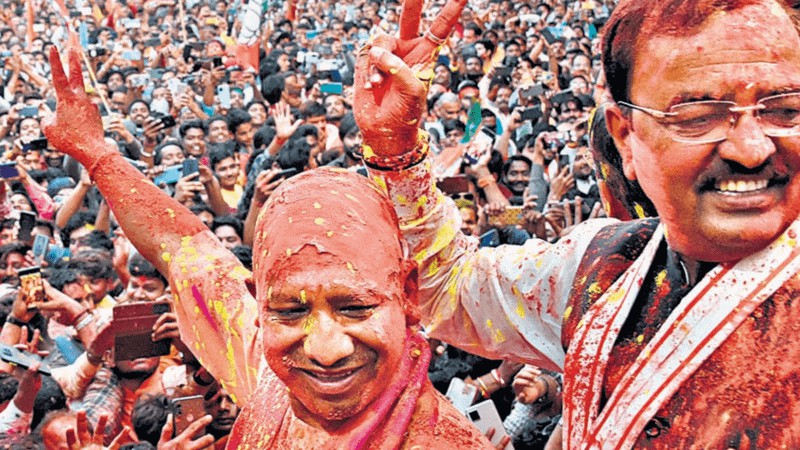
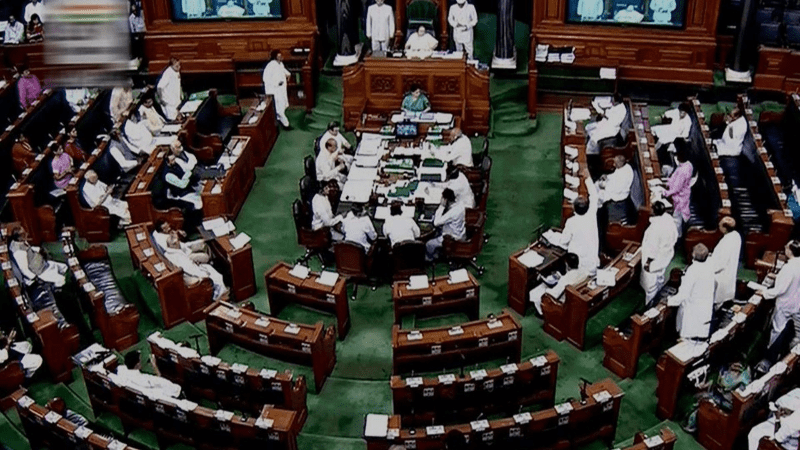
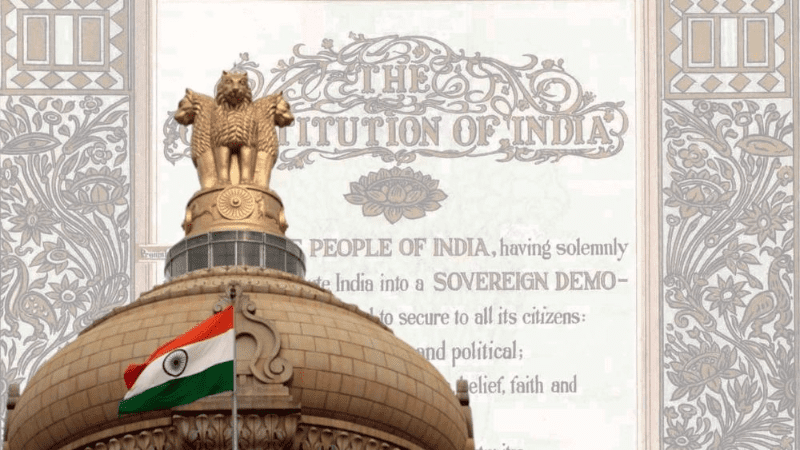
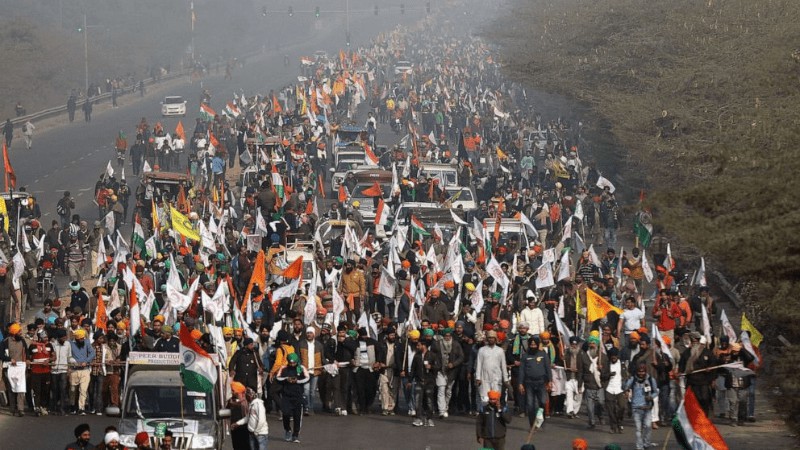
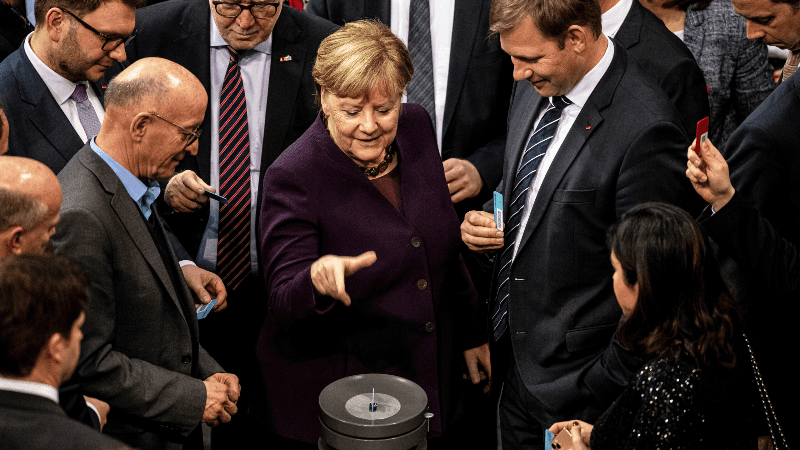
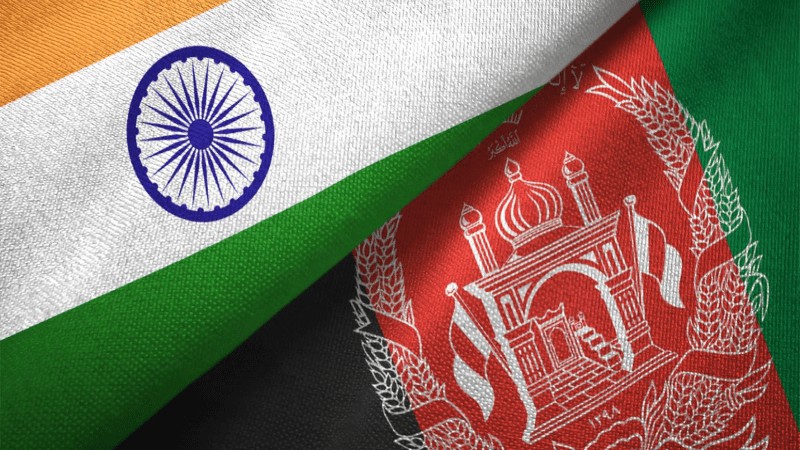
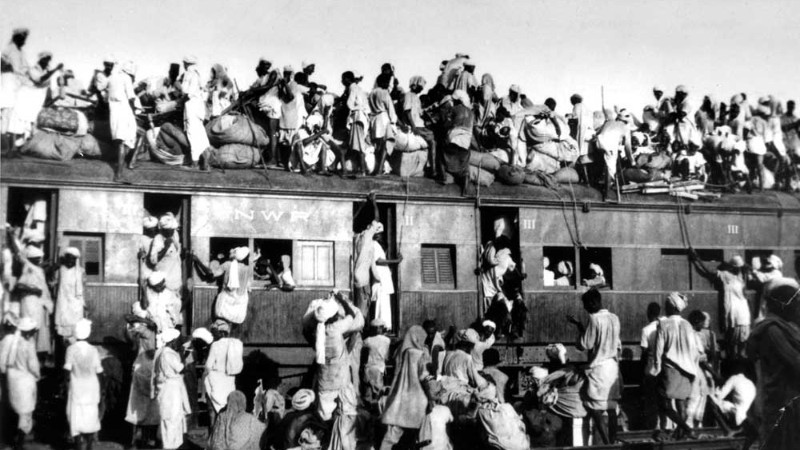
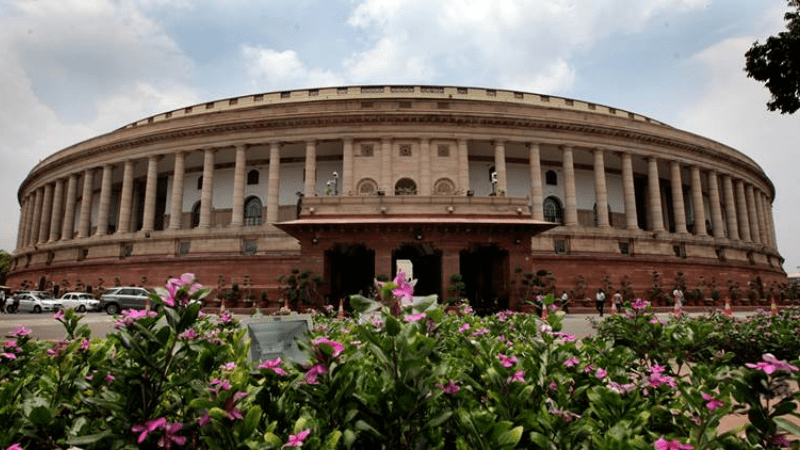
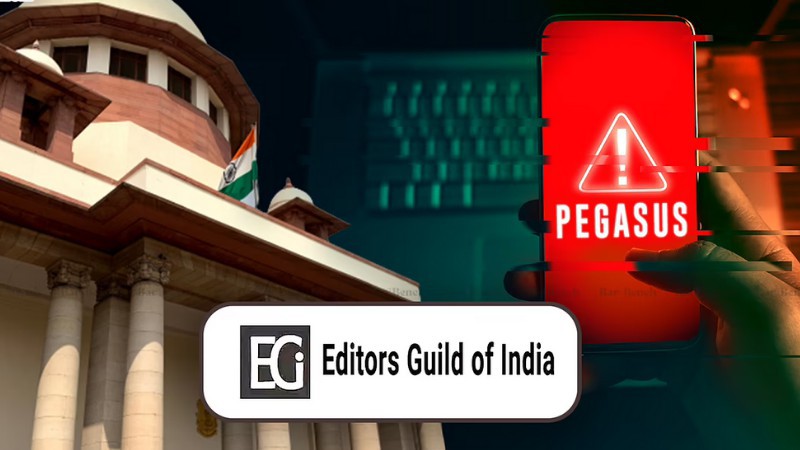
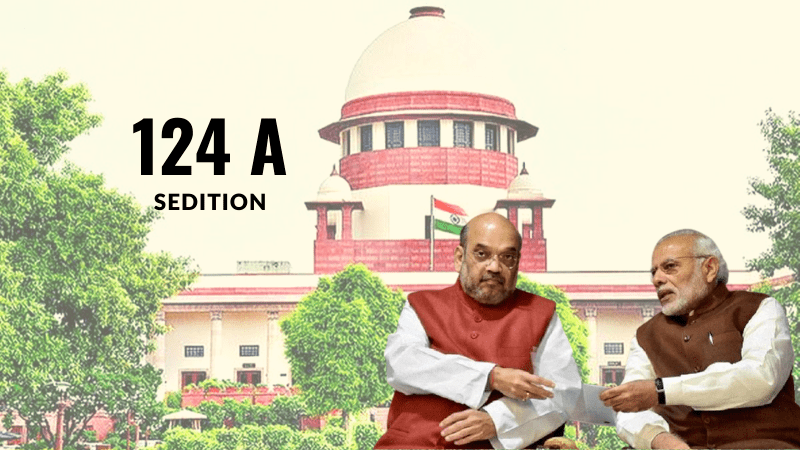
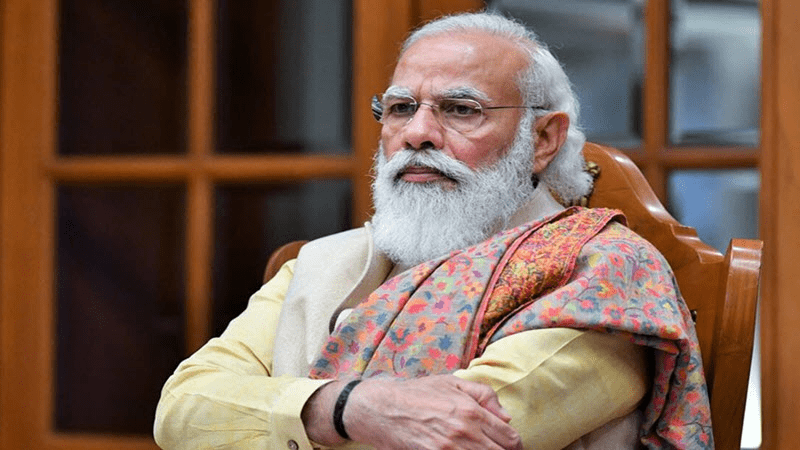
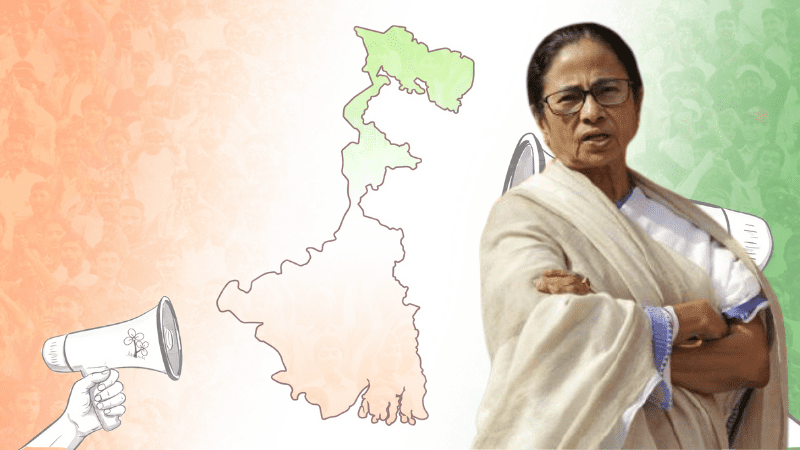
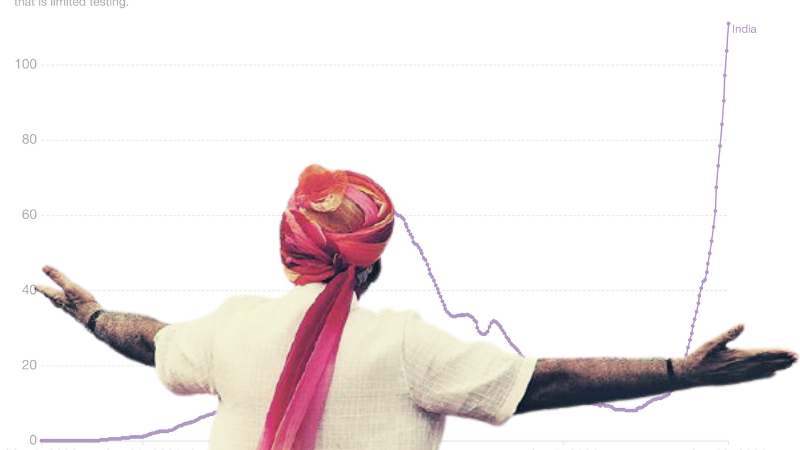

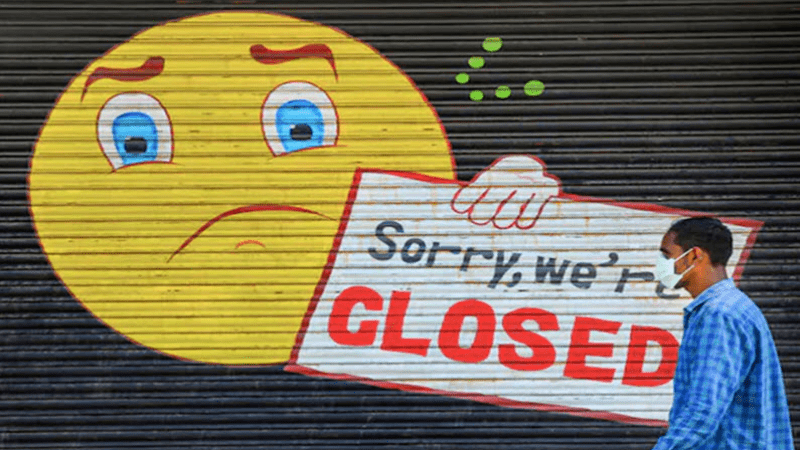

























Add Comment